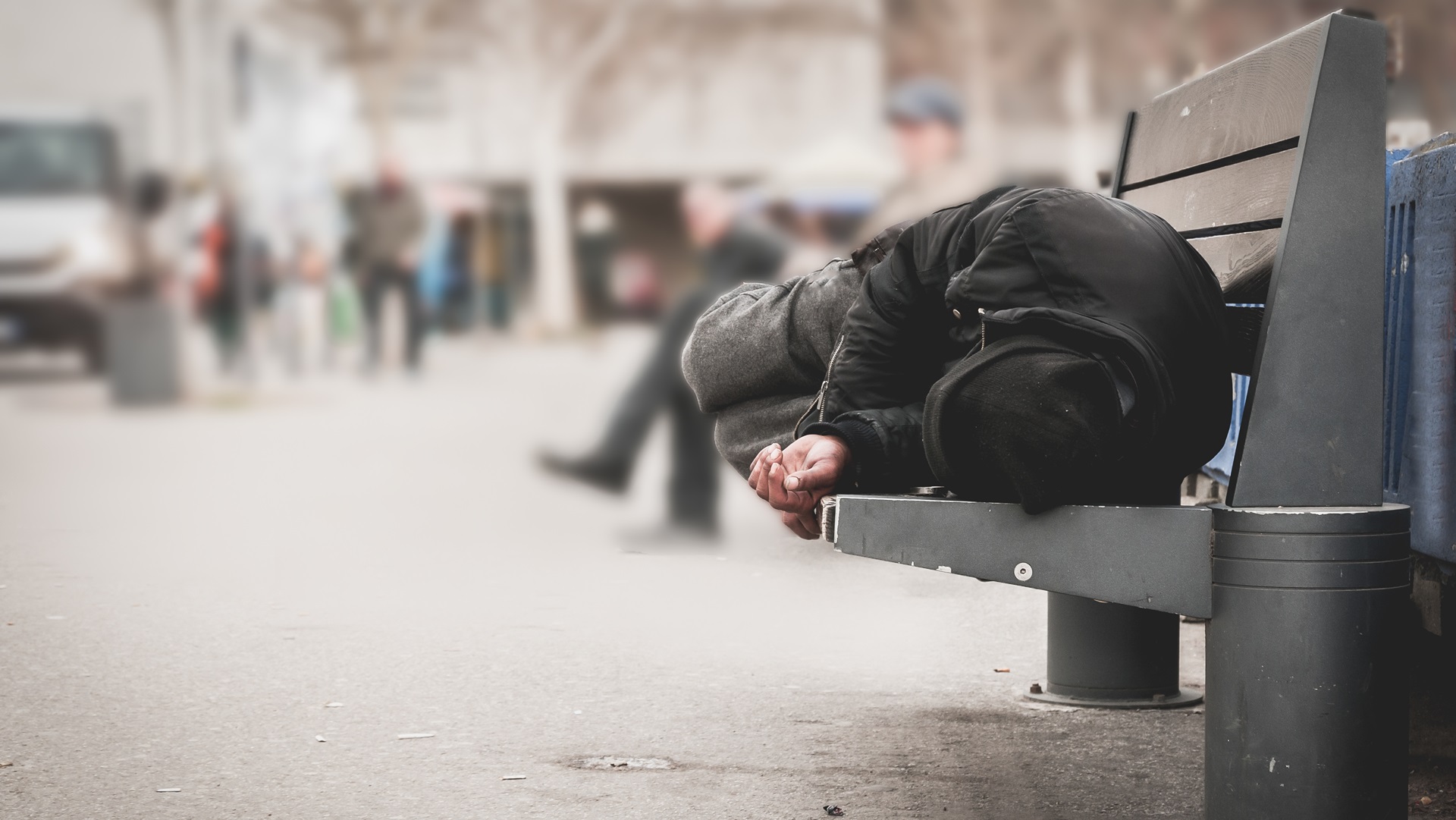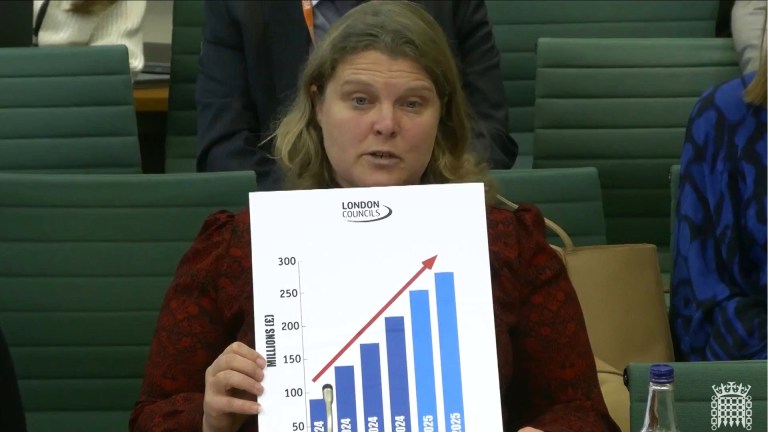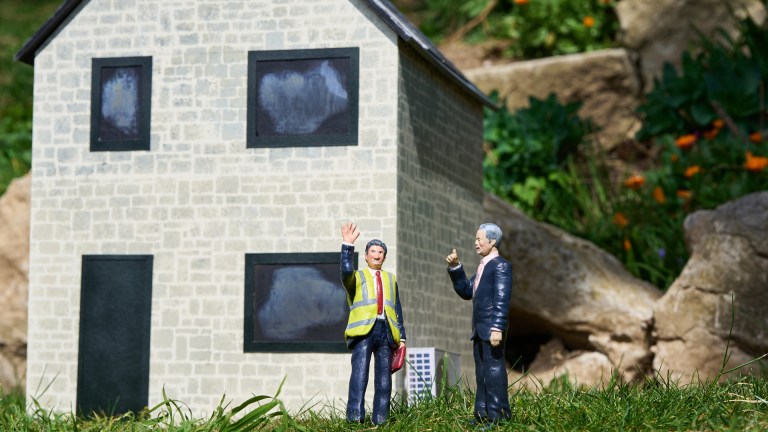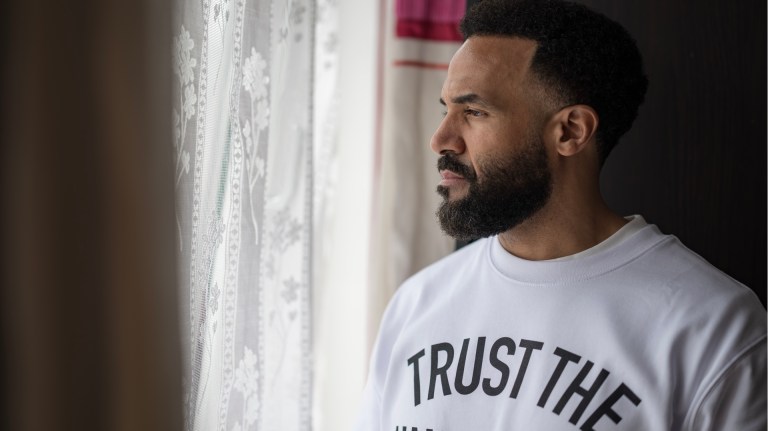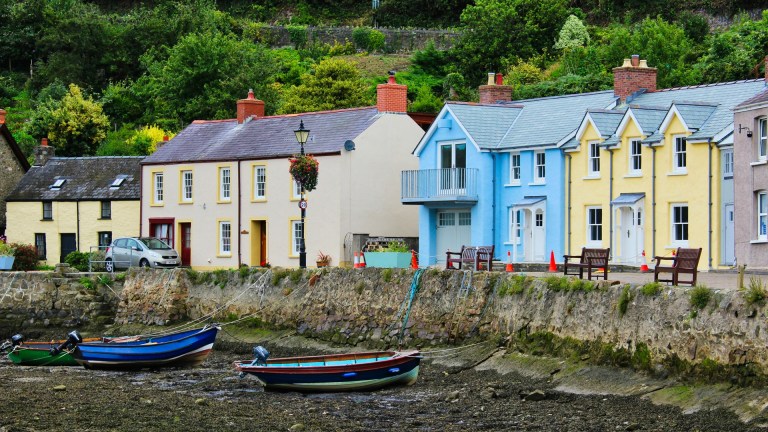“We know what causes homelessness and we know how to end it. By working together, we can build a Scotland where everyone has a safe, secure place to call home.”
The number of people experiencing homelessness in Scotland is already higher than levels seen before the pandemic.
The report found an estimated 18,400 households experience the most serious forms of homelessness on a typical day in 2022 – up by 11% since 2020.
While rough sleeping levels remain lower than pre-pandemic – and are set to remain largely stagnant over the next 15 years according to the report’s forecasts – it is a different story in temporary accommodation.
The number of placements and the amount of time spent in temporary accommodation has surged to historic highs with 15,060 households put up in makeshift homes. That’s almost 30% higher than before the pandemic began in March 2020.
The number of children in temporary accommodation rose 10% last year alone, to 9,595, the highest level on record.
Advertising helps fund Big Issue’s mission to end poverty
Meanwhile, the use of bed and breakfast hotels across Scotland grew by 124% in the three years to March 2023 – rising from 789 to 1,765 households.
Academics behind the report projected that the number of households experiencing the most serious forms of homelessness could rise to 22,730 this year and 24,450 by 2026 without policy changes.
That could mean an estimated 17,400 people will be sofa surfing in 2026 – up from 11,630 in 2022 – and the number of households living in unsuitable temporary accommodation rising from 1,930 in 2022 to 2,300 five years later.
More than half of Scottish councils reported that service user footfall had ‘significantly increased’ in 2022-23 compared with the previous year in a survey included in the report. A further quarter reported a ‘slight increase‘.
Dr Beth Watts-Cobbe, senior research fellow at Heriot-Watt’s Institute for Social Policy, Housing and Equalities Research, said: “This year’s homelessness monitor paints the picture of a system under huge strain – with rising numbers of people presenting as homeless over the past two years, reports of growing footfall from local authorities and intense challenges accessing accommodation to resolve people’s homelessness.
“Homelessness has been a major area of policy focus for the Scottish government since 2017 and with the right commitment Scotland can reverse these trends and reduce homelessness.”
Advertising helps fund Big Issue’s mission to end poverty
But while the report projected a rise in levels of homelessness under present conditions, it also found that the right policy interventions would significantly reduce it.
A comprehensive package of measures including the UK government raising the level of housing benefit by raising local housing allowance rates in April, alongside new measures in Scotland to prevent homelessness, could reduce the worst forms by 56% by 2026.
Increasing working age benefit levels alongside more specific measures to reduce destitution would drive down homelessness rates too, experts said.
Crisis called on the Scottish government to allow people to get help from local authorities up to six months before they are at risk of homelessness.
The proposals are set to be part of Holyrood’s upcoming Housing Bill. But concerns remain over local authorities’ resources to take on additional duties. Three councils have already declared a housing emergency – Edinburgh, Glasgow and Argyll and Bute – and reports suggest a fourth, Fife, looks set to follow.
Housing minister Paul McLennan said he welcomed Crisis’ support for measures set to be introduced in the Housing Bill.
Advertising helps fund Big Issue’s mission to end poverty
He added that the government is committed to reducing the number of households in temporary accommodation and will invest £60m in 2023-24 as part of a national acquisition plan in the £752m Affordable Housing Supply Programme.
“We welcome this independent analysis of homelessness in Scotland and its assessment of the measures that are most effective in reducing homelessness. We have already committed to many of these measures in our homelessness strategy,” said McLennan.
“Scotland has the strongest rights across the UK nations for people experiencing homelessness. Tackling homelessness is a key priority for the Scottish government and anyone threatened with or experiencing homelessness is entitled to advice and accommodation if they need it.
“We continue to call on UK ministers to introduce an Essentials Guarantee to be applied to universal credit and other reserved benefits, so social security benefits adequately cover the cost of essentials and better protect the most vulnerable people.”
We’re calling on the prime minister to make sure everyone can afford to stay in their homes and pay for the essentials. Will you join us and sign the petition?
Advertising helps fund Big Issue’s mission to end poverty
Maggie Brünjes, chief executive of Homeless Network Scotland, said: “To release the pressure on the homelessness system and stop the worst-case forecasts from happening, partners in Scotland need to make more homes available and invest in preventing homelessness earlier.
“And the UK government needs to rethink the welfare and immigration policy that leaves people destitute. Scotland has already shown where implementing great policy really works – we need more not less of that during this year and beyond.”
Do you have a story to tell or opinions to share about this? We want to hear from you. Get in touch and tell us more.
